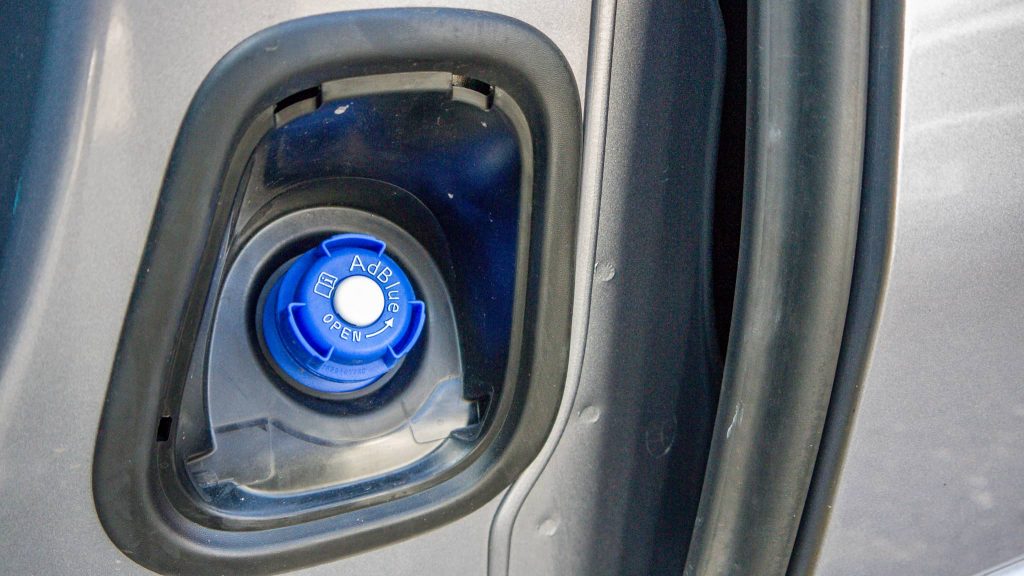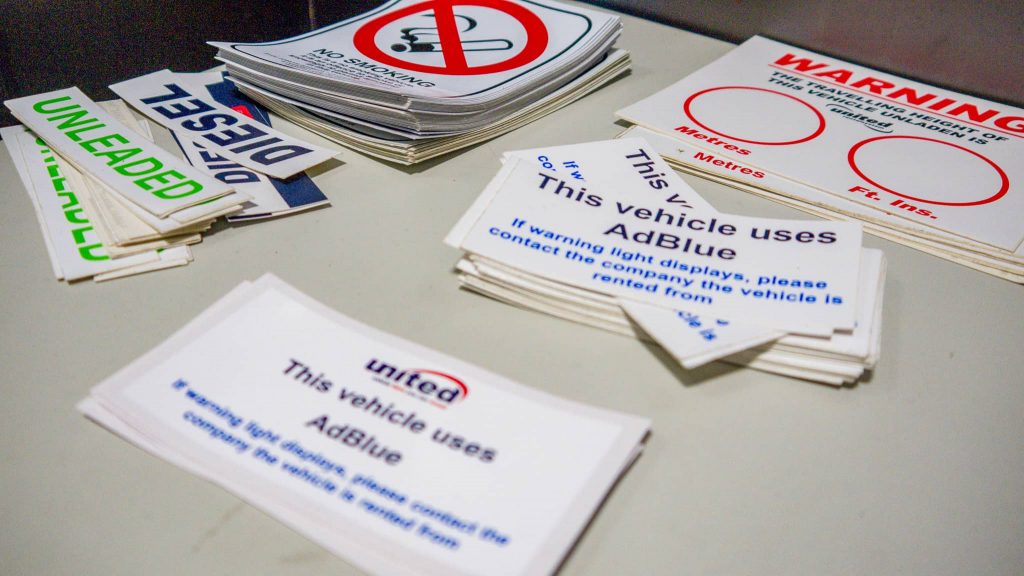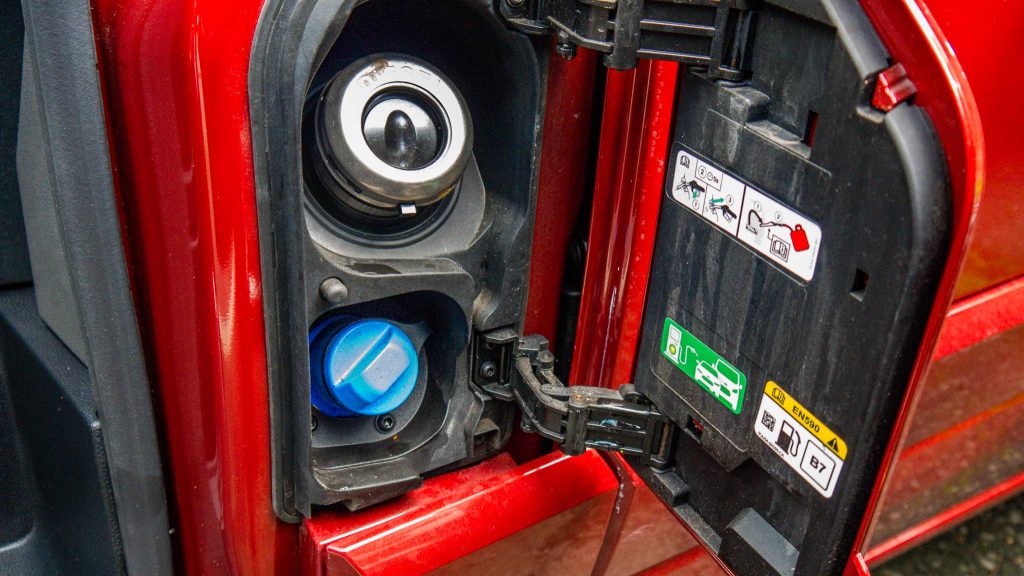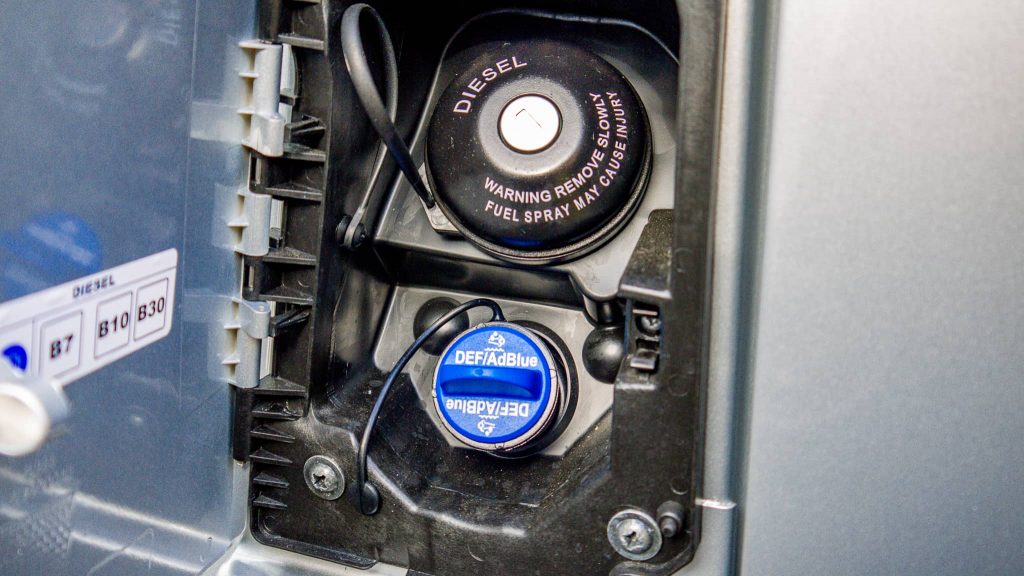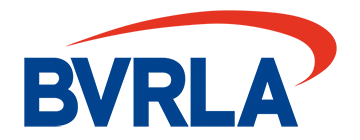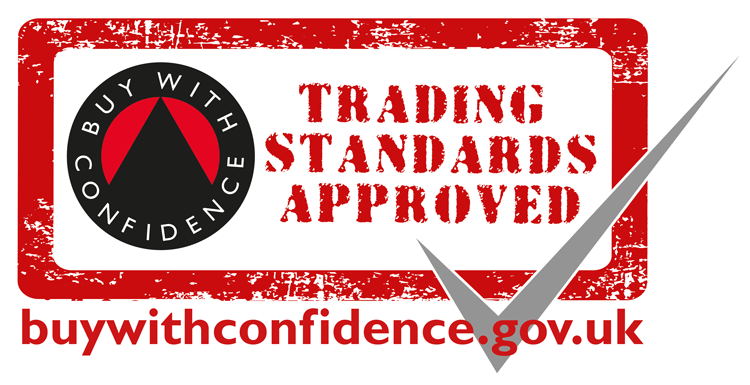Adblue Warning Light – Treat It Like The Oil Light Not The Fuel Light!
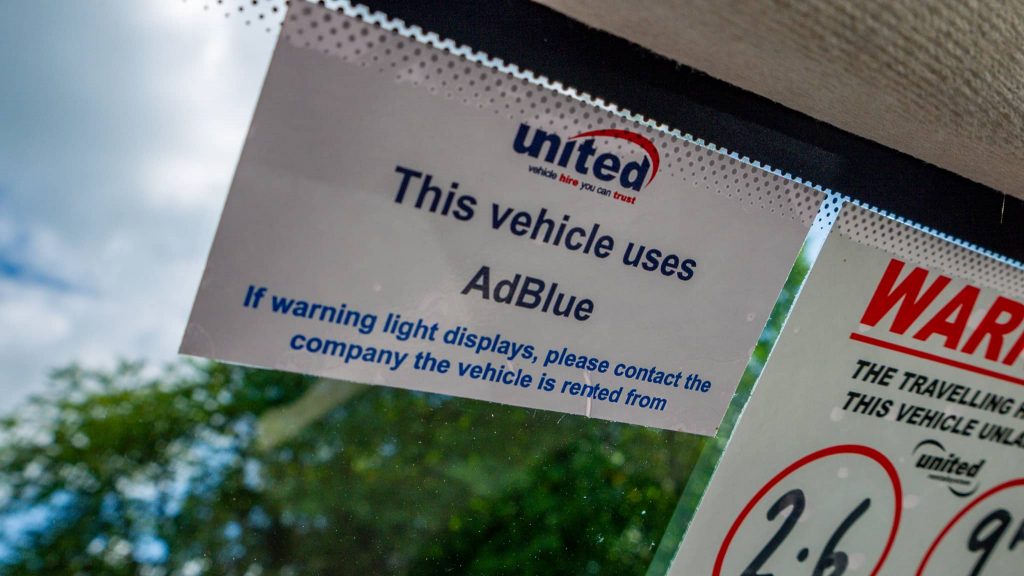
Adblue is a fact of life for anyone driving a modern diesel vehicle (like pretty much every van on our van hire fleet), however, there are many people who haven’t driven a newer diesel car or van, or maybe haven’t driven a diesel at all and might be unfamiliar with adblue, what adblue does and why they shouldn’t let it run out, or even get close to running out.
What is adblue?
To understand what adblue is, it’s worth dredging up some of the history of diesel engines. Some of us remember when diesel used to be a ‘poor mans fuel’ – Back in the day, petrol stations used to have only 3 to 4 star leaded petrol and diesel on offer, pretty much anything that wasn’t a lorry, train, or a bus ran on petrol and the few cars that did run on diesel, were slow noisy chuggers, often belching black smoke out the back. Diesel engines were loud and basic. Diesel fuel was also basic, practically little more that a byproduct of the fractional distillation process that separated crude oil into the stuff you wanted, and the stuff you didn’t but were left with afterwards. Many Diesel engines could run on pretty much anything you fed them, even vegetable oil!
Fast Forward to today and diesel fuel is an entirely different product. It’s a sophisticated high-tech fuel, full of modifiers and additives. Diesel engines are also barely recognisable when compared to the clattery oil-burners of old. With the advent of turbochargers and Common Rail Injection systems etc, as well as computer based engine management wizardry, modern diesel vehicles are as refined as their petrol based counterparts. Still offering much better miles per gallon, but without loss of performance. Diesel cars are usually more desirable for anyone who travels moderate distances. Consequently, diesel vehicles are typically a little more expensive – the laws of supply and demand in full force. Diesel also costs more than petrol these days, partially because it’s no longer a cheap byproduct, partially because of the increased demand and partly because it’s still more polluting than petrol (in general) and pollution is taken much more seriously these days.
The mitigation of pollution has resulted in further sophistication of diesel engines as various governments legislated against harmful emissions, forcing manufacturers to get clever when it came to making their diesel vehicles cleaner (some famously even resorted to ‘cheating’ emissions tests). This has resulted in amazingly clean vehicles but making them amazingly complicated too. You might not have heard of an Exhaust Gas Recirculation valve until it clogs up, or a diesel particulate filter until it clogs up. Technology that’s been introduced to make diesels cleaner has come with additional maintenance concerns.
Adblue is a relatively recent advance, further reducing the emissions of diesel vehicles. It’s a clear (not blue), marginally corrosive, non-toxic fluid used by pretty much all modern diesel vehicles. Adblue, a trademarked name that’s used interchangeably with the generic name ‘Diesel Emission Fluid (DEF)’, (in the same way Sellotape is used interchangeably with ‘sticky backed plastic’) is essentially just synthetic urea and de-ionised water mixed at a roughly 1:3 ratio. When injected into hot exhaust gas the ammonia from the urea catalyses with the harmful Nitrogen Oxide (Nox) and transforms most of it into harmless nitrogen and water vapour which is then emitted at the tailpipe. This results in diesel vehicles which emit very few pollutants.
Adblue Is Not A Fuel Additive!
It’s important to understand that Adblue isn’t a fuel or a fuel additive. Diesel fuel is burned by the engine to make it run, but adblue is used by the exhaust system to reduce the emissions. At no point are the two liquids EVER used together. We can’t stress enough that they should NEVER EVER be mixed. Running an engine where adblue has been added to the diesel, or even a drop of diesel has been put in the adblue tank will result in an exceptionally expensive repair job!
When added to diesel, adblue reacts and the mixture very quickly becomes a sticky, milky substance and will then start to crystalise. Which is why you should NEVER start a vehicle if they get mixed. The tank will need to be drained and thoroughly cleaned. If allowed to get into the engine, the mixture will damage the fuel system and cause poor performance, up to the point the engine can no longer function. Every affected part will have the be removed and either cleaned or replaced.
Similarly, one drop of diesel can contaminate up to 20 litres of adblue with similar effects should the vehicle be started with contaminated fluid.
Although adblue and diesel filler caps are often located near to one another, adblue caps are typically much smaller and distinctively blue in colour to prevent them being mixed up. Unfortunately, lack of familiarity sometimes leads to very expensive errors and we’ve had at least one brand new vehicle which needed a new engine because the hirer got it wrong! You really don’t want that bill!
“Running an engine where adblue has been added to the diesel, or even a drop of diesel has been put in the adblue tank will result in an exceptionally expensive repair job!”
Adblue – Top It Up Early!
This lack of familiarity with adblue can lead to another mistake – not topping up the adblue early enough when the light comes on.
When it comes to warning lights on the dashboard, we react to some differently than others. Many of us treat the low fuel warning light as a game of brinksmanship – we see just how low it’ll go before we fill up. Something we wouldn’t normally do when the low oil warning light comes on – The oil gets our immediate attention! The low washer fluid warning? How many of us will swear “It’s only just come on Officer” (despite being dry for weeks).
So when should you top up the adblue? Most vehicles which require adblue will give you a warning when there’s about 2-3 litres left. Depending on the vehicle and how you drive it, this will give you about 1,200 to 1,500 mile range. Some vehicles will give you a countdown in miles, or the number of times the vehicle will start before you it will refuse to work. Maybe both. It’s important to treat such warnings as your cue to top up the adblue now (like you would with oil), rather than like a countdown to put off for as long as you possibly can (like you ‘might’ be guilty of with fuel).
The reason for this is linked to the reasons for adblue being used in the first place. Vehicle manufacturers are legally obliged to make sure their vehicles limit the emission of harmful gases and particulates. Adblue is not physically required to run an engine, but running an engine without it will cause the vehicle emissions to exceed what’s legally permitted, so the vehicles are programmed to refuse to start if it runs out. Some will restrict performance if the adblue runs low, again to reduce emissions.
Some adblue systems will need the system purging or resetting if allowed to get too low or to be allowed to run out. This will almost always have to be done by a main dealer. Occasionally the systems are a bit over zealous and even ‘slightly low’ adblue levels will cause the vehicle to continue counting down to the point it will refuse to start, even after being topped up. This forces a trip to the main dealer, possibly risking needing recovery if the vehicle refuses to start.
Bear in mind a trip to a dealer to get this reset costs on average £300. Additionally, the diesel particulate filter (DPF), which is also part of the exhaust system, can clog up faster and/or refuse to ‘regen’ (clear itself) when the adblue is low. Above 50% blocked this filter can’t clear itself and will need to be replaced. Replacement typically costs around £1,500 for the job!
None of the above is covered under the warranty, so if this is a car or van hired from us, we’d ultimately have to pass this cost on and no-one wants that. Whether or not this is certain manufacturers using environmental concerns in order to generate additional revenue is not something we’ll comment on! But it serves as all the more reason to follow the sage advice from our Head Technician Kieron Hough and top up the adblue as soon as the light comes on rather than waiting to the tail-end of the countdown!
More Van Hire News
- Low Loader Luton Van
 Low Loader Luton Vans, as the name suggests, are large box vans with an exceptionally low load floor – Perfect For the Largest Payloads
Low Loader Luton Vans, as the name suggests, are large box vans with an exceptionally low load floor – Perfect For the Largest Payloads - Beware Of The Latest Crash For Cash Scam
 Beware! The latest crash for cash trend is for moped riding criminals to position themselves behind reversing vans to induce a collision.
Beware! The latest crash for cash trend is for moped riding criminals to position themselves behind reversing vans to induce a collision. - Ford Transit
 The Ford Transit is the full size sibling to the ubiquitous Ford Transit Custom and between them, they’re pretty much every van you could possibly need.
The Ford Transit is the full size sibling to the ubiquitous Ford Transit Custom and between them, they’re pretty much every van you could possibly need. - Iveco Daily Dropside
 For those looking for exceptionally long dropside hire, the Iveco Daily Dropside makes an awfully compelling case for being a perfect choice.
For those looking for exceptionally long dropside hire, the Iveco Daily Dropside makes an awfully compelling case for being a perfect choice. - Maxus Deliver 9
 The Maxus Deliver 9 reminds us of a time when vans were there to do a job without trying to be lifestyle accessories! Perfect for fleet users.
The Maxus Deliver 9 reminds us of a time when vans were there to do a job without trying to be lifestyle accessories! Perfect for fleet users. - Peugeot e-Expert
 The Peugeot e-Expert is the all electric version of Peugeot’s popular medium van, boasting solid range, performance and comfort.
The Peugeot e-Expert is the all electric version of Peugeot’s popular medium van, boasting solid range, performance and comfort.
